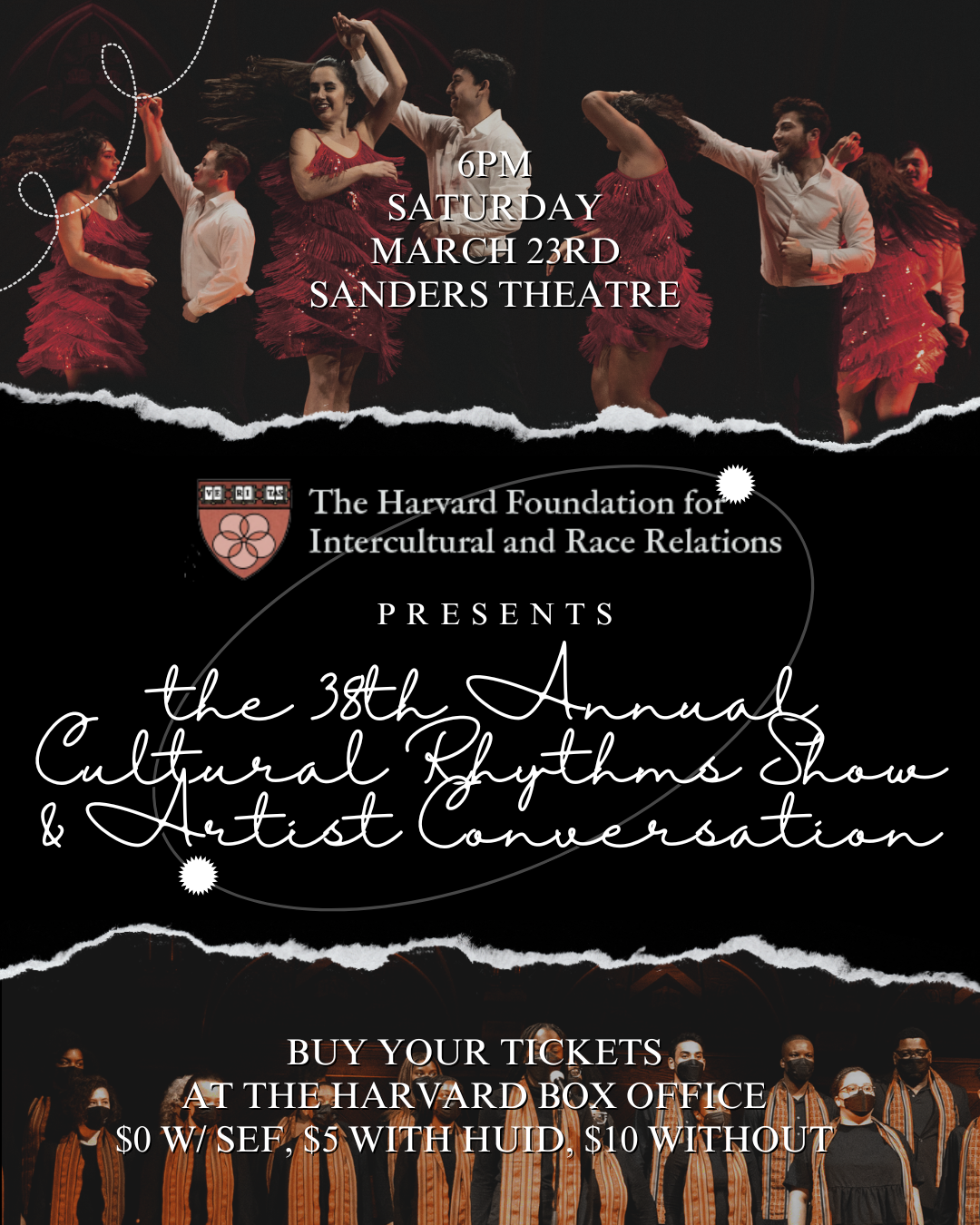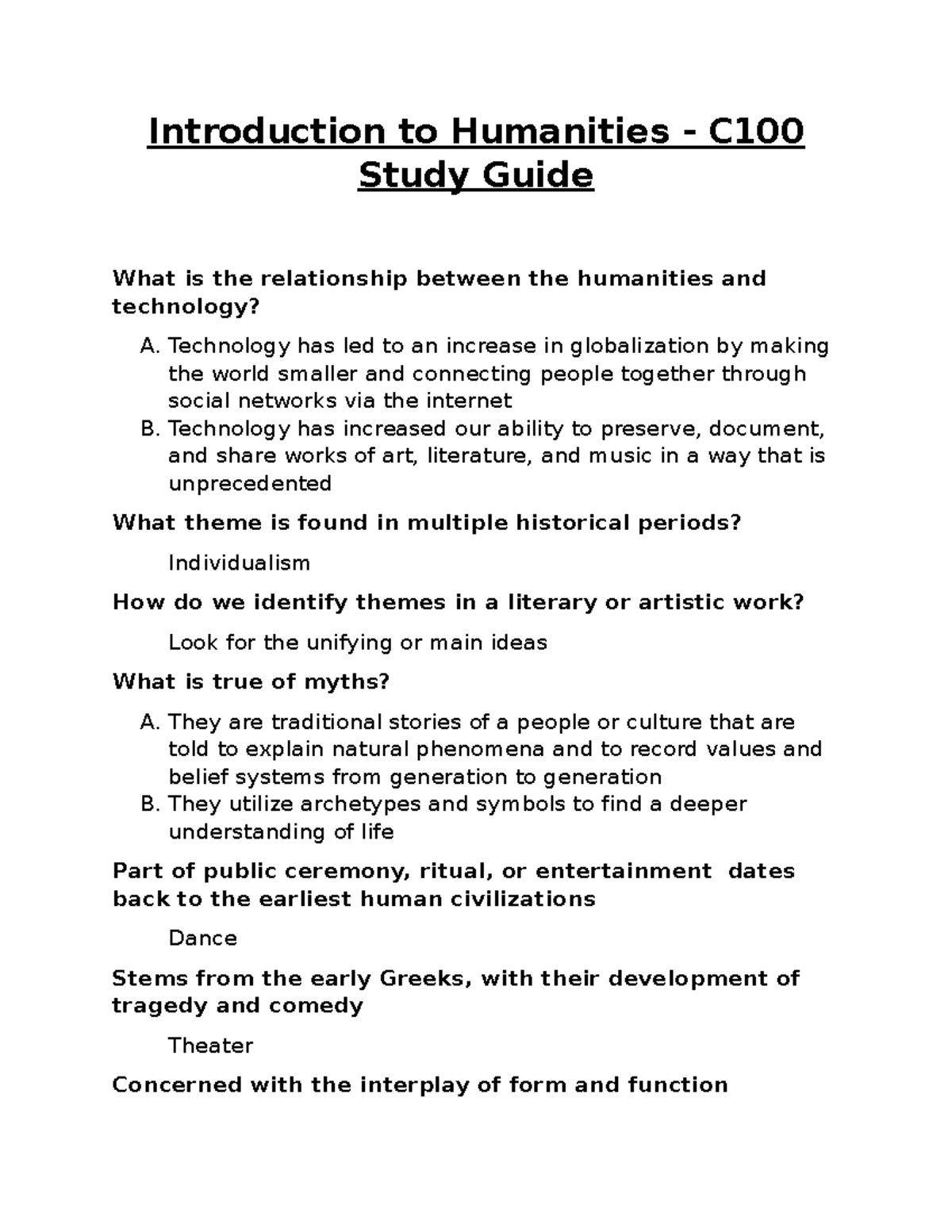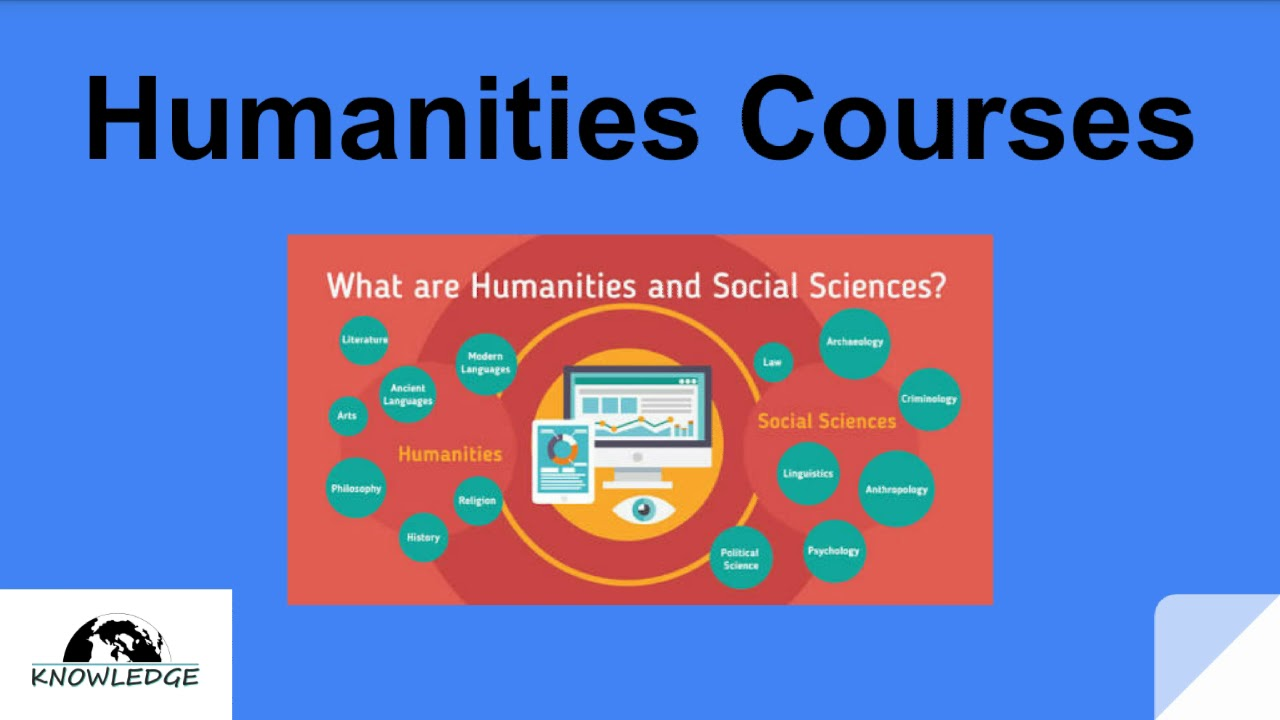The Cultural Rhythms Festival at Harvard University is a vibrant celebration that showcases the rich tapestry of cultural diversity within the student body. Held annually, this remarkable event has become one of the hallmark Harvard University events, drawing students from various backgrounds to share their unique traditions and artistic expressions. This year, the spotlight shone on Latin Grammy nominee Becky G, who was honored as Artist of the Year, inspiring attendees with her heartfelt message about authenticity and representation. Dance performances erupted from every corner, reflecting a global perspective as student groups dazzled the audience with their energetic routines. The festival not only highlights cultural heritage but also fosters a sense of community and unity among everyone involved.
The festival dedicated to cultural expression and inclusivity, known as the Cultural Rhythms Festival, serves as a crucial platform for showcasing the diverse identities present within Harvard’s community. This revered occasion, characterized by its lively performances and artistic showcases, presents a unique opportunity for students to immerse themselves in a celebration of their cultural backgrounds. With this year’s guest artist, Becky G, a celebrated figure in the music industry and recent Artist of the Year, the event has gained additional recognition, attracting attention to the importance of cultural representation. Through an array of dance performances and musical acts, the festival encapsulates the spirit of diversity while promoting understanding and appreciation of various traditions. By participating in this annual celebration, students not only express their heritage but also contribute to a larger dialogue about cultural identity and community connection.
Celebrating Cultural Diversity at Harvard’s Cultural Rhythms Festival
The Cultural Rhythms Festival, held annually at Harvard University, serves as a splendid celebration of cultural diversity among its student population. This vibrant event promotes cultural understanding and appreciation through various initiatives including dance performances, traditional music, and culinary experiences. As students from diverse backgrounds come together, the festival reflects the rich tapestry of global cultures. It emphasizes the significance of representation, where performers like Becky G encourage authenticity and inspire fellow students to embrace their roots.
Throughout its history, the festival has evolved into a comprehensive week-long series that not only showcases performances but also incorporates a fashion show and a food fair, allowing attendees to fully immerse themselves in different cultures. Such initiatives support the idea that cultural celebrations foster inclusivity, making events like the Cultural Rhythms Festival essential for building community connections at Harvard University.
Becky G: A Beacon of Inspiration at the Festival
This year, Becky G, the acclaimed artist and five-time Latin Grammy nominee, was honored as the Artist of the Year at the Cultural Rhythms Festival. In her acceptance speech, she emphasized the importance of authenticity and the impact of students dedicating themselves to cultural representation. Becky G’s presence at the festival not only elevated the atmosphere but also served as a reminder of the powerful impact that artists can have in promoting cultural narratives and empowering individuals, especially in a diverse environment like Harvard.
Her journey as a Latina artist illustrates the strides being made by Latinx individuals in the music industry and beyond. With discussions covering her career, mental health, and philanthropy, Becky G inspired young performers to pursue their dreams while remaining true to their identities. Her message of resilience and authenticity resonates deeply, encouraging festivalgoers to embrace their backgrounds and share their unique stories on stages across the globe.
The Importance of Dance Performances at Cultural Festivals
Dance performances are a highlight of Harvard’s Cultural Rhythms Festival, showcasing global traditions and contemporary practices that celebrate multiculturalism. The presence of groups such as RAZA Ballet Folklórico and Harvard Dankira Dance Troupe provides audiences with an engaging way to experience the world’s diverse cultures. Each performance tells a story, bridging the gap between generations and highlighting the beauty of cultural heritage through movement and music. These performances not only entertain but also educate, leaving a lasting impact on all attendees.
Moreover, dance serves as a powerful medium for connection and expression, facilitating dialogue around cultural identities. The vibrant choreography by diverse student groups encourages all festival participants to appreciate different perspectives and foster greater intercultural understanding. By embracing dance as a form of cultural storytelling, Harvard’s Cultural Rhythms Festival underscores the importance of artistic expression in promoting unity and respect for diversity.
Recap of the 39th Annual Cultural Rhythms Festival
The 39th annual Cultural Rhythms Festival was a mesmerizing display of artistic talent, with multiple performances that captivated the audience at Sanders Theatre. The evening’s program, titled “Global Encounters,” offered a feature-rich experience with performances from over ten student groups, showcasing music and dance that truly represented the diversity of Harvard’s student body. The event became a melting pot of cultures and artistic expressions, with every act receiving enthusiastic applause.
A standout moment came when the Kuumba Singers of Harvard College delivered a soulful rendition of “Can’t Give Up Now,” touching hearts with their powerful performance. These moments encapsulate the festival’s essence, further emphasizing how vital cultural celebrations are in contemporary society. Each performance was a testament to the dedication of the students and their desire to share their cultural heritage with the community and the world.
A Week Long Celebration of Diversity and Inclusion
The Cultural Rhythms Festival isn’t just a single event; it’s a week-long celebration that brings the Harvard community together for a multifaceted cultural experience. The festival includes activities such as food fairs and fashion shows, in addition to its dazzling dance performances. This breadth of programming allows for a holistic approach to cultural education and inclusivity, ensuring there’s something for everyone to enjoy and learn from. The diversity of attendees enhances the vibrancy of the festival, offering myriad experiences that help cultivate a deeper understanding of global cultures.
Fans of art and culture are encouraged not only to participate in the showcase but also to engage in meaningful conversations surrounding cultural narratives. This week-long celebration fosters an inclusive environment where everyone is welcomed to share, learn, and grow together. Such initiatives highlight Harvard’s commitment to embracing diversity while showcasing the talents of its students and community members.
The Role of Music in Cultural Representation
Music plays a pivotal role in conveying the essence of cultural heritage at events like the Cultural Rhythms Festival. The performances not only entertain but also serve as a powerful medium for storytelling, allowing artists to share aspects of their identities and cultural backgrounds. Musical presentations, from traditional folk songs to contemporary hits, encourage dialogue and understanding among diverse audiences, making them integral to the festival’s mission of celebrating cultural diversity.
At the festival, musicians representing various backgrounds come together to create a unique soundscape that reflects the multicultural fabric of Harvard. These performances highlight the significance of music in cultural expression and identity, providing a platform for artists to showcase their creativity while educating audiences about their cultural contexts. Music thereby fosters a sense of belonging while promoting discussions about cultural experiences and representation.
The Impact of Festivals on Student Engagement and Community Building
Harvard’s Cultural Rhythms Festival plays a significant role in enhancing student engagement, creating opportunities for participation that go beyond mere attendance. The festival empowers students to take part in planning and performing, fostering a sense of ownership and pride in their cultural narratives. Engaging with peers from diverse backgrounds encourages collaboration and deep connections, essential components for building a tight-knit community within the university setting.
Additionally, the festival facilitates opportunities for students to showcase their talents and share their cultural identities, contributing to a richer campus life. Such events help develop leadership skills and confidence, beyond academic accomplishments, building well-rounded individuals with a deep appreciation for the diverse world around them. Through participation in cultural events like the Cultural Rhythms Festival, students find a sense of belonging and purpose, enriching their overall university experience.
Becoming a Role Model: Becky G’s Influence
Becky G’s presence at the Cultural Rhythms Festival not only marked a high point for the event but also cemented her role as a powerful influence among the youth. Her message focused on being a ‘real model’ rather than a role model, encouraging authenticity and openness about mental health. By sharing her own experiences, she inspires young people to seek support and break down stigma surrounding mental health issues, a vital conversation in today’s society.
Her commitment to philanthropy and support for marginalized communities emphasizes the responsibility that comes with fame and success. As one of the few Latinx artists recognized at this level, Becky G exemplifies how cultural ambassadors can use their platforms to uplift and empower others. Through her music, activism, and participation in events like the Cultural Rhythms Festival, she continues to inspire future generations to embrace their cultural identities and advocate for positive change.
A Legacy of Cultural Celebration at Harvard University
Harvard University’s Cultural Rhythms Festival has built a legacy rooted in the celebration of diversity and cultural richness that extends far beyond the confines of the university. Since its inception in 1986, it has evolved into a beloved tradition that unifies the campus community and invites audiences to explore the multifaceted identities represented within. The consistent recognition of the event’s significance supports initiatives that encourage dialogue and understanding among various cultural groups.
As the festival has grown over the years, it has showcased an array of talented artists and performers, including past recipients like Lady Gaga and Angela Bassett. Such legacies inspire student performance and creativity, empowering them to engage fully with their cultural heritage. The Cultural Rhythms Festival thus strengthens bonds within the Harvard community, making it an essential event where cultural diversity is honored and celebrated.
Frequently Asked Questions
What is the Cultural Rhythms Festival at Harvard University?
The Cultural Rhythms Festival is an annual celebration at Harvard University that showcases the cultural and ethnic diversity of its student body through performances, art, and events. It has been a tradition since 1986 and typically includes a fashion show, food fair, and a grand finale performance featuring student groups and guest artists.
Who was honored as Artist of the Year at the Cultural Rhythms Festival 2025?
In 2025, the Cultural Rhythms Festival honored Becky G, a five-time Latin Grammy nominee, as Artist of the Year. The recognition was awarded during the festival’s grand finale that highlighted the artistic contributions and cultural authenticity of student performers.
How does the Cultural Rhythms Festival promote cultural diversity?
The Cultural Rhythms Festival promotes cultural diversity by bringing together a variety of performances from different cultural backgrounds. Students showcase their artistic talents through dance, music, and storytelling, reflecting the rich cultural fabric of the Harvard community.
What type of performances can I expect at the Cultural Rhythms Festival?
Attendees of the Cultural Rhythms Festival can expect a diverse array of performances including traditional and contemporary dance, musical acts from various cultures, and engaging storytelling. The event often features notable performances by student groups like the RAZA Ballet Folklórico and the Kuumba Singers of Harvard College.
How long has the Cultural Rhythms Festival been celebrated?
The Cultural Rhythms Festival has been celebrated since 1986, making it a long-standing tradition at Harvard University that unites the community in a celebration of cultural diversity.
What is the significance of Becky G’s participation in the Cultural Rhythms Festival?
Becky G’s participation in the Cultural Rhythms Festival holds significance as she represents the celebration of Latinx culture and artistry. As a five-time Latin Grammy nominee, her presence emphasizes the festival’s commitment to cultural representation and the encouragement of young artists in their authentic expressions.
Can you tell me more about the dance performances at the Cultural Rhythms Festival?
Dance performances at the Cultural Rhythms Festival feature a variety of styles, including folk dances, modern dance, and cultural showcases from different regions. Notable acts have included Ethiopian-inspired dances by Harvard’s Dankira Dance Troupe and energetic Bhangra performances, all aimed at engaging the audience and celebrating global rhythms.
Is there a specific theme for the Cultural Rhythms Festival 2025?
The theme for the Cultural Rhythms Festival 2025 was ‘Global Encounters,’ reflecting the inclusive nature of the event and the interconnectedness of cultures represented by the performers. This theme highlighted the celebration of diversity through music and dance from around the world.
What message did Becky G convey during her appearance at the Cultural Rhythms Festival?
During her appearance at the Cultural Rhythms Festival, Becky G emphasized the importance of authenticity, mental health awareness, and cultural representation. She encouraged young individuals to seek help when facing struggles and to celebrate their own cultural identities.
How can students participate in the Cultural Rhythms Festival?
Students interested in participating in the Cultural Rhythms Festival can join performance groups, volunteer in event planning, or contribute to the festival’s activities. Participation often involves auditions or planning meetings organized by the Harvard Foundation for Intercultural and Race Relations.
| Key Point | Description |
|---|---|
| Event Overview | The Cultural Rhythms Festival celebrated its 39th occurrence, showcasing the diversity and cultural richness of Harvard’s student body through performances and events. |
| Becky G’s Recognition | Becky G was honored as Artist of the Year for her contributions to music and advocacy, inspiring students to embrace authenticity. |
| Diverse Performances | The festival included performances by various student groups, such as the Harvard Dankira Dance Troupe and Mariachi Veritas, showcasing global dance and music traditions. |
| Impact of the Arts | The festival highlighted the power of art as a tool for healing and cultural representation, emphasizing the importance of embracing one’s identity. |
| Future Generations | Becky G spoke about how paving the way for Latinx artists and empowering future generations is essential for cultural preservation. |
Summary
The Cultural Rhythms Festival serves as a vibrant celebration of diversity, culture, and unity within the Harvard community. This year’s festivities showcased a remarkable blend of performances from various cultures, highlighting the importance of authenticity and representation in the arts. With Becky G being recognized as Artist of the Year, the festival not only entertained but also inspired discussions around mental health, cultural identity, and the significance of nurturing future generations within the artistic landscape.




